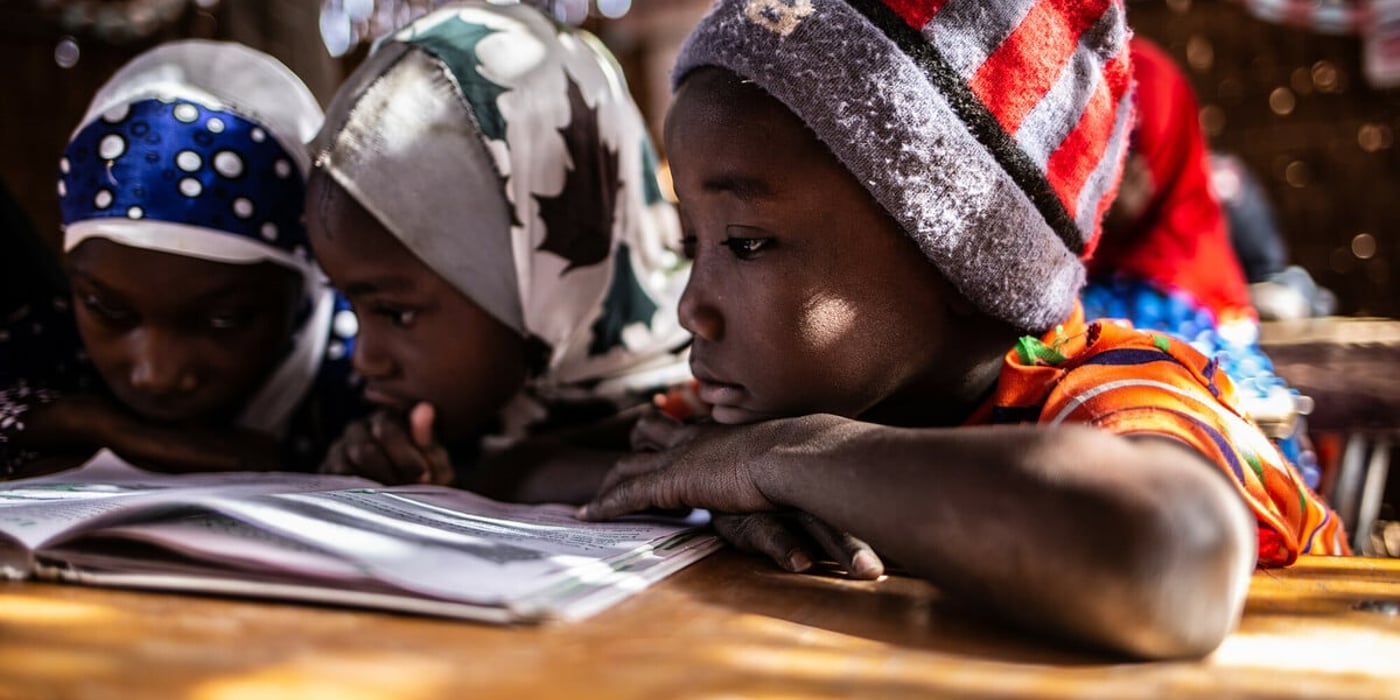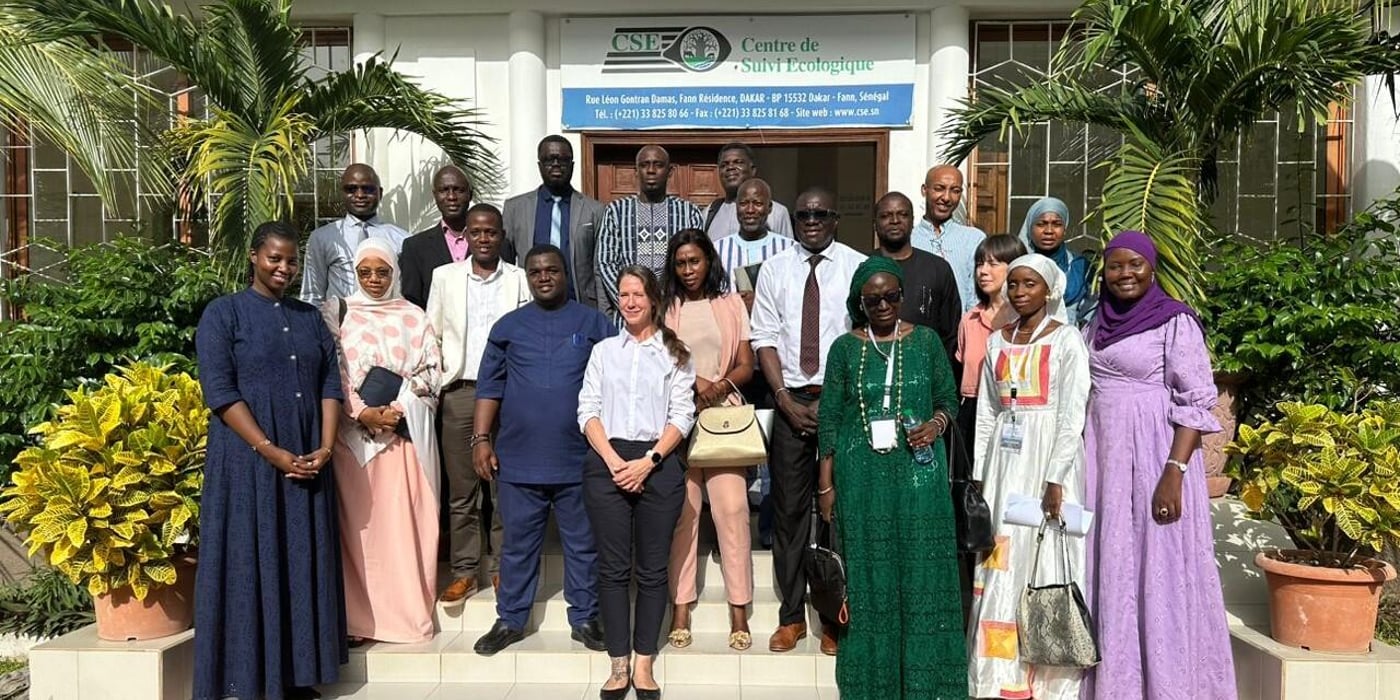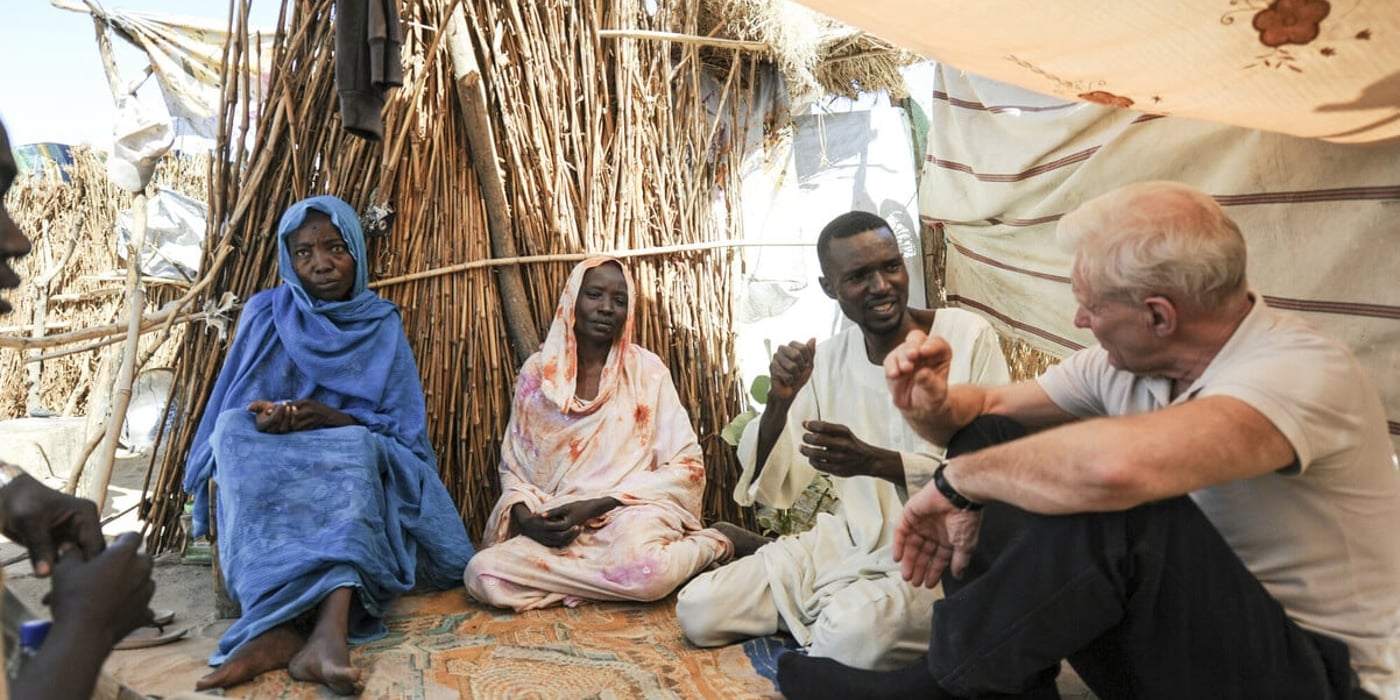
In Central and West Africa, only 3.9 per cent of funding appeals for education had been met by the beginning of September. By way of comparison, 30.5% of calls for funds were met for the entire humanitarian sector in the region in September. Despite the explosion in needs, education is all too often neglected.
“Education is a lifeline for children. But for millions of children in Central and West Africa insecurity means they will be stuck outside the classroom this coming school year, unable to learn. Many will be forced to work, to join armed groups, or to get married, shattering their futures,” said Hassane Hamadou, NRC’s regional director in Central and West Africa. “The right to education is a fundamental right, regardless of the political and security situation of the country in which it is exercised. The signatory states of the Safe School Declaration must do their utmost to ensure its implementation and guarantee children a better future."
The situation in the Central Sahel is particularly acute. The number of schools closed increased nearly sixfold between 2019 and 2023, from 1,700 to almost 9,000. Burkina Faso alone accounts for half of the school closures recorded in Central and West Africa, with more than 6,100 schools closed as of July 2023.
In some cases, schools are the target of direct attacks by non-state armed groups. 147 incidents were reported between January and August 2023 across the region. In other cases, schools are deserted or abandoned following forced population displacements. Faced with conflict, families and teachers flee. Schooling is abruptly interrupted, not only for displaced children, but also for children from host communities whose schools are still standing and are overcrowded.
“In a region where the protection of civilians and their access to basic services is increasingly threatened by insecurity and conflict, we have a collective duty to act to ensure that schools remain safe spaces for all forcibly displaced children and youth and those from host communities”, said Xavier Creach, Deputy Director of UNHCR Regional Bureau for West and Central Africa.
Esther, 13, lost her father when an armed group attacked her village, Otomabere, in Ituri province, Democratic Republic of Congo. She fled with her mother and siblings, leaving behind her daily life as a little girl. "Many things have changed in my life. I haven't heard from my friends. I don't even know if they're still alive. And if they are, I don't think they can read or write any more, because the schools haven't reopened for two years in Otomabere," said Esther, who now goes to school in Oicha in North Kivu province. "I would like to learn a trade like tailoring because my father is no longer there to support me,” she added.
“Protecting schools from threats and violence is a critical step to breaking the cycle of crisis and reducing the likelihood of future conflicts,” said Felicité Tchibindat, UNICEF’s Regional Director for West and Central Africa. “Schools should be safe places for children.”
In the region, the closure of schools is disrupting the education of 2.5 million pupils, including one million in Burkina Faso. For these children and adolescents, the consequences are immense. "The oldest children are exposed to risks and abuse, such as unwanted pregnancies and child exploitation", said Etiendem Bridget, 54, a displaced teacher in Buéa, Cameroon.
In a context of protracted conflict and crisis, the future of whole generations of children is being jeopardised and will continue to be so unless urgent action is taken by governments and other key actors across the region.
Notes to Editor:
- The new report by the Regional Education in Emergencies Working Group “Education Under Attack in West and Central Africa – 2023 Update” is available in English.
- A total of 13,263 schools closed has been recorded as of July 2023, based on latest available data on schools closed (Sources: UNHCR, ACLED, Insecurity Insight, GCPEA, Education Clusters).
- In the Central Sahel, 8,858 schools were closed as of July 2023. Burkina Faso alone accounts for more than two thirds of the school closures recorded, with more than 6,149 schools closed as of July 2023 (Sources: UNHCR, ACLED, Insecurity Insight, GCPEA, Education Clusters).
- 147 incidents against education were reported between January and August 2023 in the region (Sources: ACLED).
- The Safe Schools Declaration is an inter-governmental political commitment to protect students, teachers, schools, and universities from the worst effects of armed conflict.
- 2.5 million children are affected by school closures in the region as of August 2023 (Source: Education cluster).
- In Central and West Africa, only 3.9 per cent of funding appeals for education had been met by the beginning of September (UNOCHA).
Video
- Out of eight schools, only two are operational in the blockaded town of Pama in the East region of Burkina Faso. Six teachers and a few volunteers are currently serving over 1,000 children in Pama. A video is available in raw, English and French versions (Sources: NRC).
For more information or to arrange an interview, please contact:
- NRC global media hotline: media@nrc.no, +47 905 62329
- Alpha Seydi Ba, Senior Communication Officer, UNHCR Regional Bureau for West & Central Africa: baalp@unhcr.org, +221 77 345 74 54
- Charlotte Berquin, Education Officer, UNHCR Regional Bureau for West & Central Africa: berquin@unhcr.org, +221 77 529 31 04
- John James, Communication Specialist (Emergency & Public Advocacy), UNICEF WCA regional office: jjames@unicef.org, +221 78 638 0252



